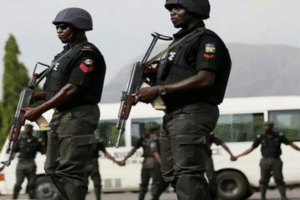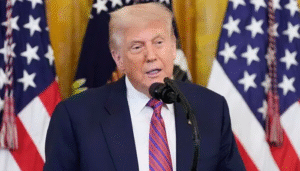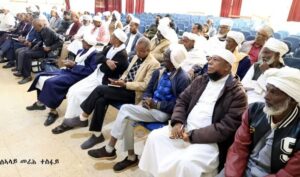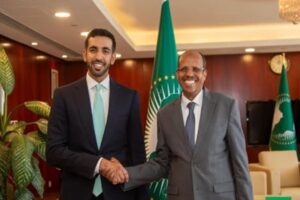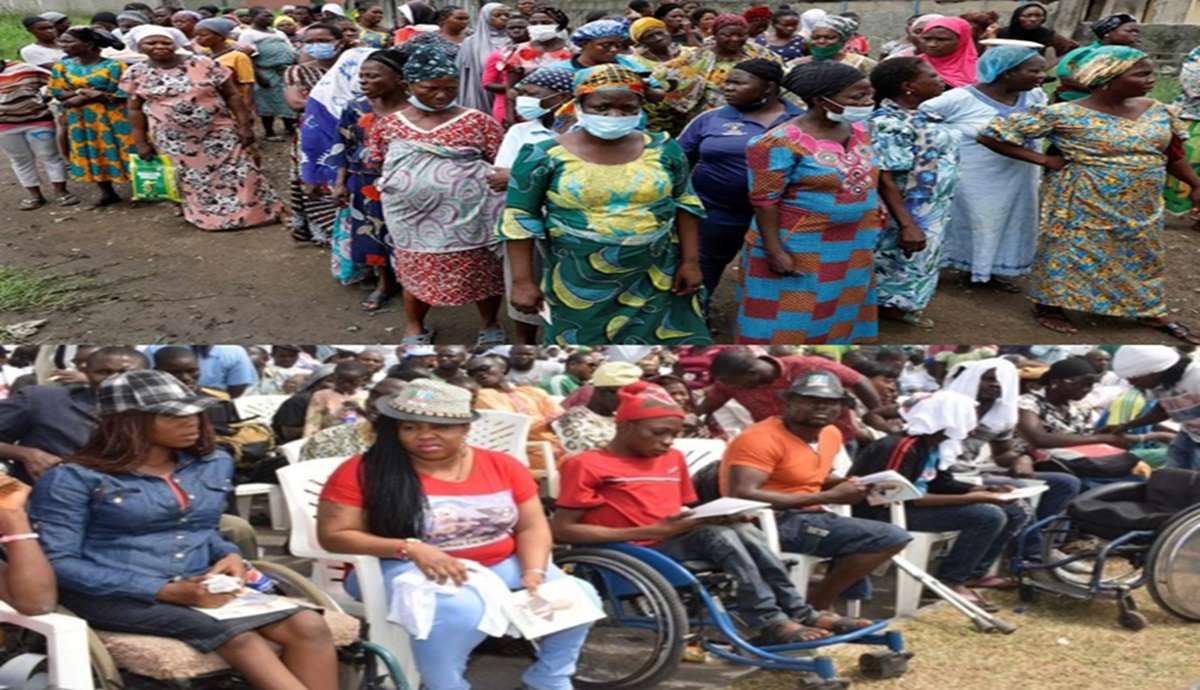
As days go by the struggle for survival thickens, the hope of a common man fades away, as no one knows which way the pandemic leads. The common man, who finds it difficult to survive when there is no COVID-19, will have to double his struggle of survival, post COVID-19.
The physically challenged, people living with disabilities and the vulnerable in our society feel so unsecured at this time, struggling with the troubles of keeping social distances and properly keeping to the rules guiding the spread of this virus, which while trying to abide by might lead to a form of loneliness and social isolation. Loneliness itself is responsible for some health problems such as worry and anxiety which could lead to depression.
This is just one of the many problems facing these set of individuals in our society at this time.
Those living with disabilities find it difficult to access palliatives and medical supplies, which those without disabilities could easily have access to.
In this report, I’ll analyse the challenges physically challenged people faced during the lockdown and how they were neglected by the government.
A lot of physically challenged people who are dependent on surviving through seeking arms found it very difficult surviving during the pandemic. Many of them were restricted to street begging during the different phases of the lockdown, and had to depend on those in their immediate environment to feed.
Those who struggled to hit the street couldn’t get much money from people on streets as the streets were deserted during the day and at night.
The Local Government also didn’t help matters as there were no special cares for people living with disabilities and physically challenged in their local government. In a pandemic as peculiar as COVID-19, the first point of call for those living with disability should be their municipal/local council, who should take the burden of catering for their needs, in terms of feeding, medical care and clothing, but the reversed was the case when even the palliatives which should be shared to the poor, vulnerable, disabled and physically challenged people, were all stored and left to rotten in some secret warehouses.
Read Also: Health benefits of soursop fruit, leaf
There was negligible support from the government for these group of people, except for the help they got from some churches, mosques, companies, firms, NGOs, who kept sharing palliatives within their localities.
We could confidently say that most of these vulnerable and physically challenged people depended on the palliatives and money being shared by some of these churches, mosques, companies, firms, NGOs, and some prominent people in society.
Amidst the lockdown, hope shined in the faces of some of these people when news broke out that the federal government will be giving out undisclosed amount of money to people living with disabilities, the vulnerable, less privileged and aged people, but this never became a reality as those funds were never release from those in whose hands the funds landed.
The Question we should ask our Government is, where are the special COVID-19 funds sent to Nigeria by World Bank? We need no soothsayer to tell us that the funds were allegedly syphoned by the so-called righteous government of our time.
The Government of most African countries was responsible for the welfare of the vulnerable, less privileged, aged and those living with disabilities, they made sure these set of people were properly taken care of, before attending to other citizens. But in Nigeria, the foods that were donated by food manufacturing companies as palliatives were stored in a supposed secret warehouse by Chairmen of local governments in collaboration with some house of assembly members, whose intent was to distribute these palliatives during their birthday ceremonies as a form of poverty alleviation programme in their Local Government area/ Constituency.
But when some hungry Nigerian citizens across states in Nigeria, started to discover the warehouses where these treasures were stored and rushed to take their own share, the government started calling them hoodlums.
When the looting was underway, the aged, disabled and physically challenged couldn’t get up to join in the looting and also had no one to help them loot, they had to still seek help from those who had looted.
It was a severe time for these people, and no one in Government is talking about this.
I urge the government to pay special attention to the afore mention people, so as to silently battle the hunger pandemic amongst them, to avoid people dying of hunger.


